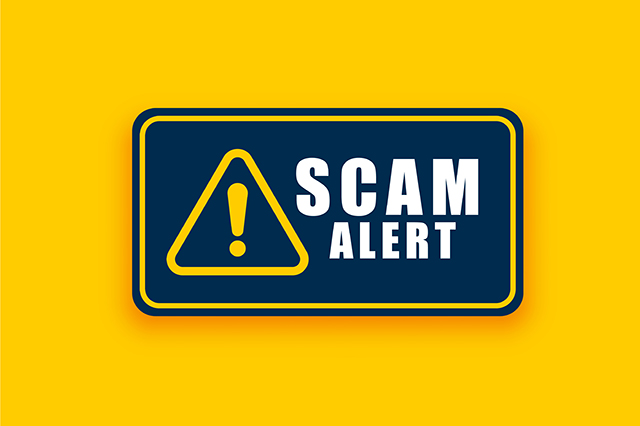- Brokers HOT
- Scam
- BV Assessment NEW
- Rankings
- Regulators
- News
- Claims
- Expo
- Event
- Awards
 Download
Download
How to Use an Economic Calendar
In the fast-paced world of financial markets, successful traders understand the importance of staying informed about economic events that can impact asset prices. An economic calendar is an indispensable tool for any trader looking to make informed decisions and stay ahead of market movements. In this comprehensive guide, we will explore how to use an economic calendar effectively to enhance your trading strategy.

Understanding the Economic Calendar
Before delving into the intricacies of using an economic calendar, let's begin by understanding what it is. An economic calendar is a chronological schedule of key economic events, reports, and data releases that can influence the financial markets. These events are typically classified by their potential impact on the markets, such as high, medium, or low.
High-impact events are usually major economic indicators like GDP growth, employment data, and interest rate decisions. Medium-impact events might include manufacturing reports, while low-impact events could encompass minor economic updates or speeches by policymakers.
Choosing the Right Economic Calendar
There are various economic calendars available online, each with its unique features and layout. To use an economic calendar effectively, it's crucial to select the one that suits your trading needs. Consider factors such as ease of use, customization options, and real-time updates.
Some popular economic calendars include Forex Factory, Investing.com, and DailyFX. These platforms provide traders with a user-friendly interface and a comprehensive list of economic events. It's advisable to experiment with a few different calendars to determine which one aligns best with your trading style.
Customizing Your Economic Calendar
Once you've selected an economic calendar that fits your preferences, it's time to customize it to focus on the events that matter most to your trading strategy. Most calendars allow you to filter events based on several criteria, such as country, impact level, and time frame.
To get the most out of your economic calendar, create a personalized list of events that align with your trading assets and style. By filtering out less relevant information, you can reduce clutter and make the calendar more efficient for your needs.
Mastering the Event Details
Each economic event on the calendar comes with a set of crucial details that traders must understand:
Date and Time: The precise timing of an event is crucial. Make sure to adjust your trading schedule to accommodate these events if necessary.
Event Name: The event's name briefly describes what it is about, whether it's a central bank interest rate decision, non-farm payrolls report, or consumer price index release.
Previous, Forecast, and Actual Values: These figures provide insight into the historical data, market expectations, and the actual result. These numbers are often color-coded to reflect their significance.
Impact Level: Events are categorized as high, medium, or low impact, indicating their potential market influence.
Understanding these details is essential to gauge the event's potential impact on the financial markets. By comparing forecasted and actual values, you can identify trading opportunities.
Incorporating Economic Events into Your Trading Strategy
Now that you're well-versed in reading an economic calendar, let's explore how to integrate this knowledge into your trading strategy:
Long-Term Planning: High-impact events can lead to significant market movements. Incorporate these dates into your long-term trading plan to avoid being caught off guard.
Short-Term Trading: For day traders, understanding the economic calendar is crucial. Be prepared to react quickly to breaking news and real-time market reactions.
Risk Management: Use economic events as part of your risk management strategy. Consider adjusting your position sizes or setting stop-loss orders to protect your capital during high-impact events.
Trading the News: Some traders specialize in news-based trading. In this approach, you actively speculate on how economic events will impact asset prices. However, this strategy requires a deep understanding of the markets and is inherently riskier.
Staying Informed and Adapting
Financial markets are constantly evolving, and staying informed is essential to successful trading. Keep the following tips in mind:
Firstly, regularly check the calendar for updates and revisions to economic event schedules.
Secondly, follow reputable financial news sources to stay informed about geopolitical events and other factors that can influence markets.
Thirdly, be prepared to adapt your trading strategy as market conditions change.
Conclusion
In the world of trading, knowledge is power. Using an economic calendar effectively is a skill that can set you apart from the competition. By understanding the calendar, customizing it to your needs, mastering event details, and incorporating economic events into your strategy, you can make more informed trading decisions and increase your chances of success in the financial markets. Stay vigilant, stay informed, and remember that trading always carries inherent risks, so never risk more than you can afford to lose.










